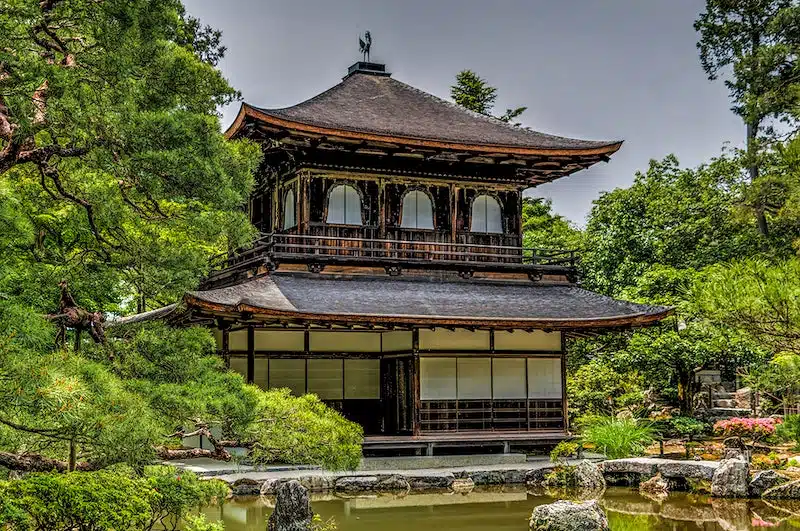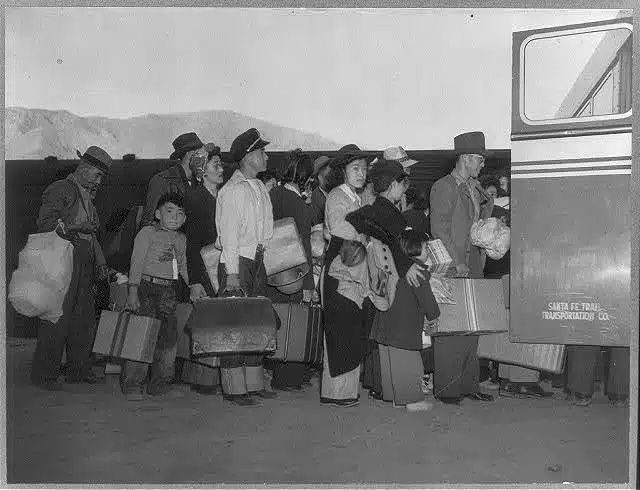Posted inQuestion about Japan
Why did Japan fight against us?
The article explores the historical, political, and economic factors that led Japan to fight against the United States in World War II. Japan's aggression towards its neighbors began with its invasion of Manchuria in 1931 and culminated in the attack on Pearl Harbor on December 7, 1941. The war resulted in catastrophic losses for Japan and a dramatic shift in the balance of power in the Pacific. The US entered World War II on two fronts: against Germany in Europe and against Japan in Asia. The postwar period saw Japan undergo significant reforms under American occupation, including democratization and demilitarization. Despite these challenges, however, Japan emerged as a major economic power in the postwar period and remains an important player on the world stage today.









